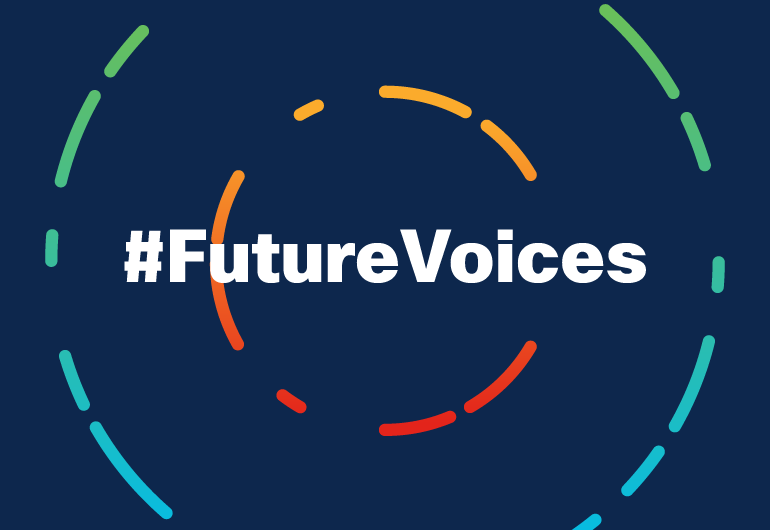- Half of Firms Suffer Two Supply Chain Incidents in Past Year
- Data strategy e qualità del dato: come gettare le basi per implementare l’AI
- INE Security Alert: $16.6 Billion in Cyber Losses Underscore Critical Need for Advanced Security Training
- From help desk to AI harmony: Redefining IT support in the age of intelligent automation
- F5 grabs agentic AI startup Fletch to bolster security platform
Future voices – education needs in the 21st Century – Cisco Blogs

Learning for all ages moved online overnight when Covid struck. Many students adapted incredibly well to this new environment while others struggled due to lack of access. This experience has taught us valuable lessons and it’s forced us to think again about learning delivery. While there are very few cases where 100% virtual learning is the best long-term solution, there are definitely aspects of our recent experience that providers and students will want to keep. We expect that a hybrid model will become the norm, particularly in the higher age ranges of education, as staff and students look for flexibility and choice.
Hybrid is here to stay – flexibility and choice
If you think about office environments, many organisations now accept that the return to the office – whenever it comes – will be different from the environment we all knew a year ago. We expect that in most business meetings at least one person will want to join remotely. How those people experience and engage in those meetings is still very important. The same considerations are at play in education; schools and universities will need to limit physical attendance at least in the short-term. Older students will want a choice about what they need to attend in person and what can be done remotely. Frequent Covid testing will lead to more quarantine absences as teachers and learners have to self-isolate in their homes. There are plenty of other reasons for people to be absent – snow days, illness, disability and even temporary school closures. Remote learners will need a consistent and simple experience, and they’ll need to be included equally and securely in their classes regardless of how they attend.
Inclusion matters
There are some students for whom digital learning has not been possible. Between a third and a half of the world’s population does not have internet access. Even students who have access to devices and connectivity may not have a safe or suitable place to study in their home.
Inclusion matters and connectivity is a critical dependency. The World Economic Forum’s January Global Risks Report highlighted digital inequality as a critical threat to the world over the next two years stating that “this widening digital gap can further weaken societal cohesion, already fraying in many countries, and undermine prospects for an inclusive recovery.” This gap will widen further if the shortage of digital skills is not addressed.
Improving digital skills is key
Digital skills are an important foundation for digital economies and this has always been an area where there is more demand than supply. Cisco plays a major role as an education provider and we have been focused on improving digital skills for nearly 25 years with our Cisco Networking Academy Program. For this program, we work with educational establishments to provide courses which train people in a variety of digital skills. Since starting the program we have trained over 12.7 million students in 180 countries around the world. These students are from diverse backgrounds. They come from advanced economies and from developing countries and sometimes, they are drawn from marginalised communities. In 2020 alone we trained 2.3 million students globally. With Covid, much of that teaching had to switch to remote delivery overnight. As the pandemic took hold, we had to re-train 11,000 teachers so that they could carry on teaching successfully over Webex. We expect hybrid models to be an important part of this program going forward.
What’s next?
Just as those of us used to the office environment long to spend time together again, students, parents and teachers will want to return to the classroom too. The goal here will be to strike the balance to gain the best of both worlds. There are opportunities to use technology to respond to different learning styles, to provide flexibility and choice and to promote greater inclusion in the all-important world of education.
We want to give students and teachers a platform to speak out about how they’re reimagining education through hybrid learning. Discover #FutureVoices
Share:

